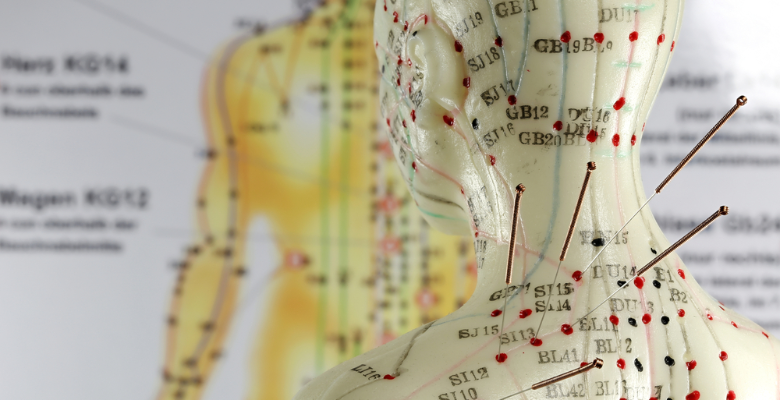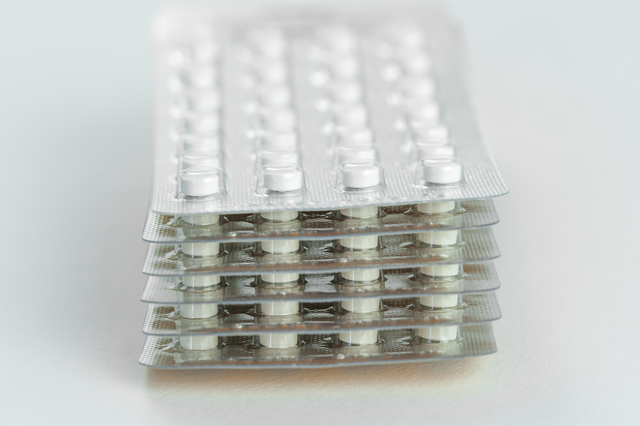Although the analgesic and anti-inflammatory properties of cannabidiol have been known to science for a long time, this subject reappears in the media at some frequency, warming up discussions about Medicinal cannabis and chronic pain.
One example was when in June 2020 the actor William Shatner, Captain Kirk of Star Wars, said he took cannabinoid derivatives to alleviate joint in pain perception and inflammation.
At that time, the subject made the main North American headlines and boosted the sale of a series of topical products (as lotions and creams) based on CBD, which were already popular in the US market. But does it really work?
Here, we are going to show scientific studies that substantiate the potential of CBD in fighting joint pain and how to assertively prescribe it. Check it out.
Studies on Medicinal Cannabis and Joint Pain
One of the main uses of medicinal cannabis is to alleviate chronic pain, especially neuropathic pain. The cannabidiol (CBD), one of the most explored chemical substance in medicinal cannabis to date, has also shown promising results in the context of joint pain. An example is this bibliographic review published in 2020 in the North American journal Cureus.
Research suggests the benefits of CBD in reducing pain response in mice undergoing acute arthritic conditions. Complementary studies also highlighted effective improvements in fracture healing after taking CBD for femur fractures in murines.
>> Access the complete review here: Cannabidiol: A Brief Review of Its Therapeutic and Pharmacologic Efficacy in the Management of Joint Disease.
Another example is this research in 2018 that demonstrates the therapeutic properties of CBD in fighting osteoarthritis (OA) pain, one of the most common conditions of chronic pain. Osteoarthritis usually manifests as a combination of inflammatory, nociceptive and neuropathic pain, requiring a multimodal therapeutic approach. In the present study, CBD was shown to be effective in alleviating OA-related pain.
>> Access the complete research here: Cannabis and joints: scientific evidence for the alleviation of osteoarthritis pain by cannabinoids.
A double-blind study in 2006 evaluated the efficacy of THC and CBD-based drug for the treatment of pain caused by rheumatoid arthritis, 5 weeks after starting the drug. Compared to placebo, the drug produced statistically significant improvements in movement-related pain, pain at rest, sleep quality, Disease Activity score (DAS28), and current pain assessed by the short version of the McGill pain questionnaire. Thus, in the first controlled trial on the efficacy of cannabinoids in rheumatoid arthritis, a significant analgesic effect was observed and disease activity was also significantly suppressed.
It is also worth mentioning this research published in 2014, which brings a pre-clinical experiment on the effects of CBD on disc degeneration. Disc degeneration is a multifactorial process that involves hypoxia, inflammation, neoinnervation, accelerated catabolism, and reduced water and glycosaminoglycan content in intervertebral disc.
In said experiment, intervertebral disc injury was induced by magnetic resonance (MR) guided needle puncture model in male Wistar rats. The effects of intradiscal administration of cannabidiol were analyzed immediately after injury, and 15 days later, using magnetic resonance imaging. After fifteen days, the effects of needle puncture-induced intervertebral disc degeneration were significantly attenuated when CBD was used – suggesting a safe potential for clinical use of CBD in the context of pain related to disc degeneration.
>> Access the complete study here: Protective effects of cannabidiol on lesion-induced intervertebral disc degeneration.
How to Prescribe Cannabis for Joint Pain
Cannabinoid derivatives has proven to be safe and useful in the management of joint pain and the use of the full spectrum of the plant has proven to be more effective than using alone or synthetic cannabinoids.
This is because the synergistic action between phytocannabinoids and other chemical components in cannabis – such as flavonoids and terpenes – enhances therapeutic results and modulates possible adverse effects..
In the context of joint pain, good results can be achieved with medicines based on oral and topical cannabis. The pharmacokinetics of both routes of administration are distinct, but often complementary in these cases. As previously presented, studies so far indicate that CBD is one of the main, if not the main, chemical protagonists of cannabis in fighting joint pain.
It is important to keep in mind that some groups of patients require more caution in prescribing, such as the elderlyIt is recommended to titrate even lower doses and increment dosage even more slowly until the optimal dosage for each individual is reached.
For this and other reasons, the prescription of cannabinoid derivatives requires adequate medical education in the field, aiming at safe, assertive and individualized treatments for each patient’s history. The WeCann Academy is committed to this learning journey through International Certification in Endocannabinoid Medicine.
Learn more about WeCann Academy and our selection of experts that combine, in a highly qualified way, scientific knowledge and practical experience in the medicinal use of Cannabis.
If you want to be part of this community, which only grows in Brazil and all around the world, Lear more about our course on Medicinal Cannabis and get ready for this new frontier of Medicine!
References
Gusho CA, Court T. Cannabidiol: A Brief Review of Its Therapeutic and Pharmacologic Efficacy in the Management of Joint Disease. Cureus. 2020.
O’Brien M, McDougall JJ. Cannabis and joints: scientific evidence for the alleviation of osteoarthritis pain by cannabinoids. Curr Opin Pharmacol. 2018.
Silveira JW, Issy AC, Castania VA, Salmon CE, Nogueira-Barbosa MH, Guimarães FS, Defino HL, Del Bel E. Protective effects of cannabidiol on lesion-induced intervertebral disc degeneration. PLoS One. 2014




